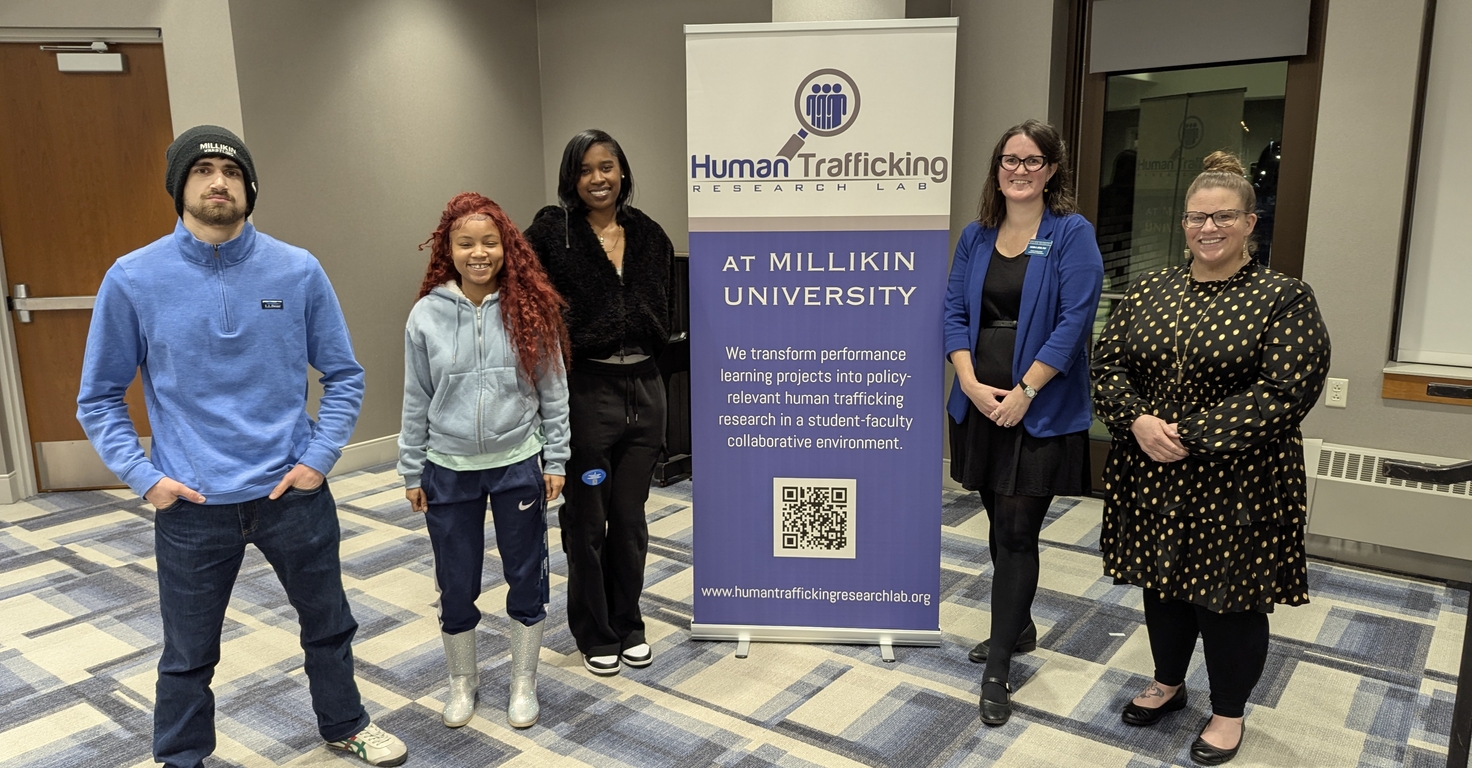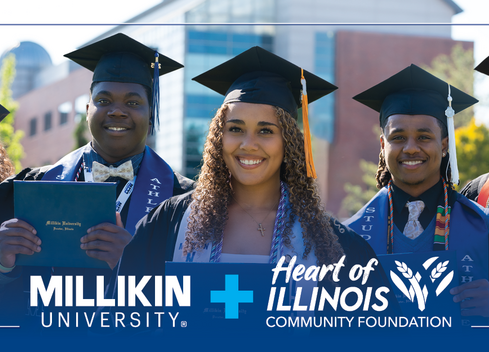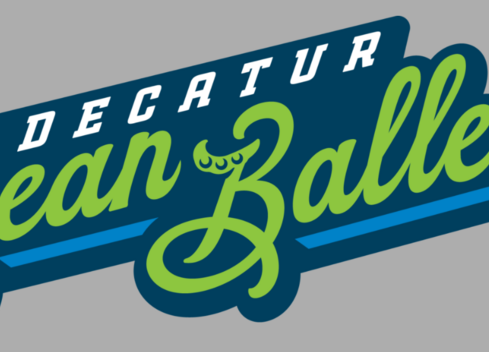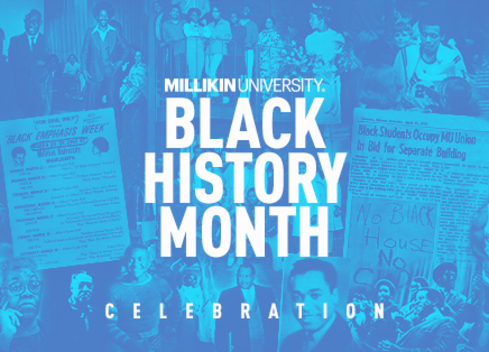DECATUR, Ill. – The Human Trafficking Research Lab (HTRL) at Millikin University was recently nominated for a 2025 Liberator Award by the SOAP (Save Our Adolescents from Prostitution) Project in the student organization category.
The Liberator Awards were created by The SOAP Project to unite people from around the country who are working to combat human trafficking. The SOAP Project is an anti-trafficking non-profit organization whose mission is to end human trafficking by mobilizing communities, providing prevention, education, and advocacy, and facilitating restorative experiences for survivors. The award was named after William Lloyd Garrison, a prominent American abolitionist and editor of the first abolitionist newspaper, The Liberator.
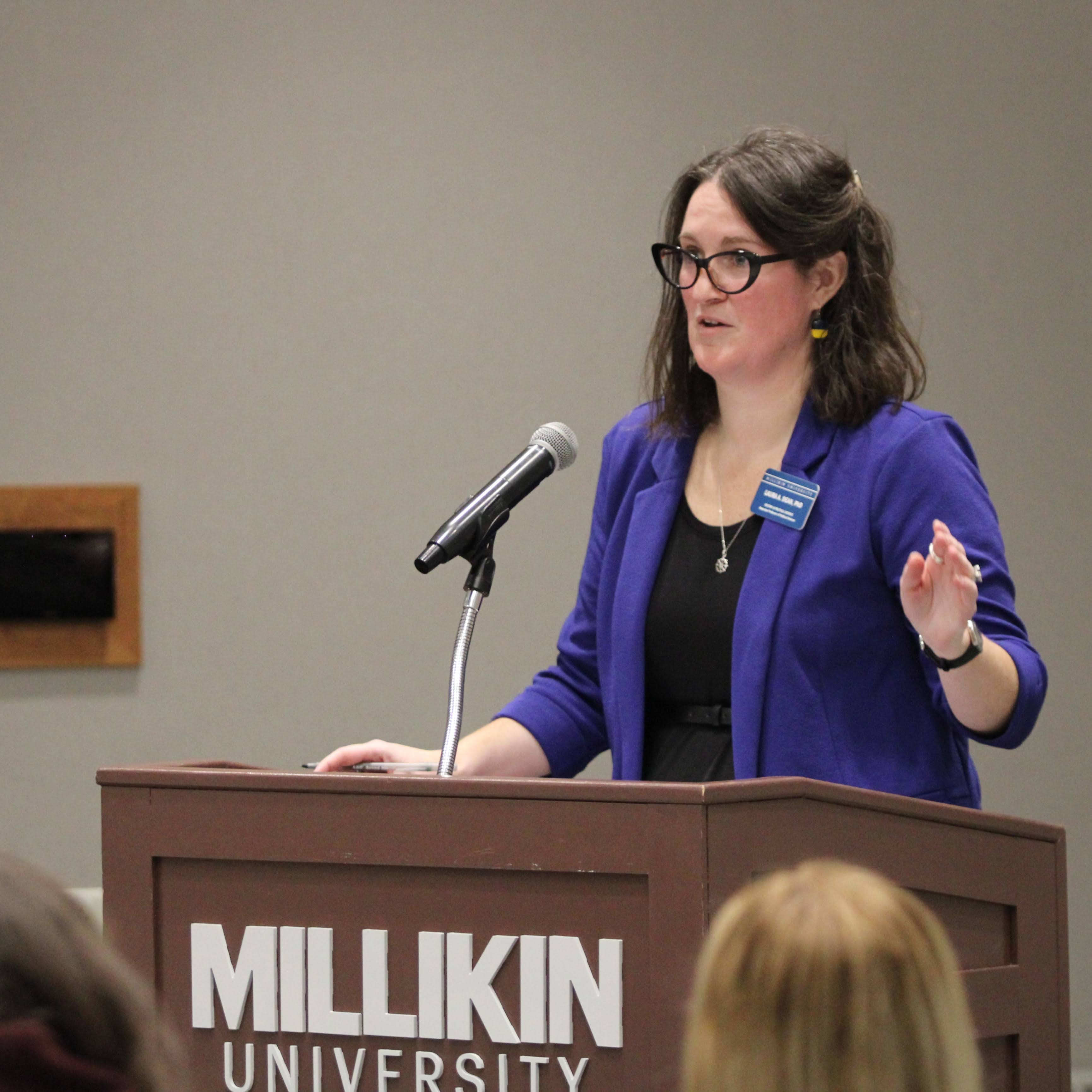
“The Human Trafficking Research Lab is deeply honored to be nominated for the Liberator Award in 2025. This award highlights and acknowledges leading abolitionists across the United States, and the student research assistants in the HTRL and I are proud to be recognized among so many people who work to combat and raise awareness of human trafficking in our country,” Millikin Associate Professor of Political Science and Director of HTRL Dr. Laura Dean said. “The nomination recognizes the research in the lab conducted by undergraduate students, and we are humbled to be nominated for such a distinguished award named after abolitionist William Lloyd Garrison's trailblazing newspaper.”
The Human Trafficking Research Lab at Millikin University is the only research lab focused on human trafficking in Illinois and one of a handful in the United States available to undergraduate students, making this applied research experience truly unique for Millikin students.
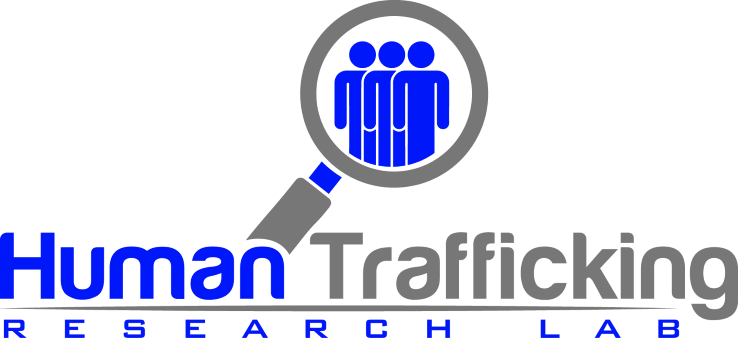
The HTRL was established in 2018 to transform undergraduate Performance Learning projects into cutting-edge human trafficking research. In the seven years since its establishment, 12 students have been research assistants at the HTRL, going on to become case managers at local anti-trafficking organizations, housing advocates at women’s organizations, and attending law school and graduate school focusing on immigration topics.
Public voting for the Liberator Awards is open from February 1-12, and you can vote for the HTRL here.
The top four finalists in each category (determined by the most votes) will be announced in February and the winner will be announced at the Liberator Awards in Columbus, Ohio, on March 29, 2025.
As HTRL research assistants, the students conduct policy-relevant research on human trafficking within the United States and internationally, present this research at academic conferences, and publish the results in academic journals. The student research assistants have also helped raise awareness of human trafficking at Millikin University and our community via training with credit unions, nurses, teachers, and youth organizations. For eight years, the research assistants have also helped organize yearly panel discussions on different human trafficking issues involving healthcare, criminal justice, education, and labor trafficking during Human Trafficking Prevention Month.
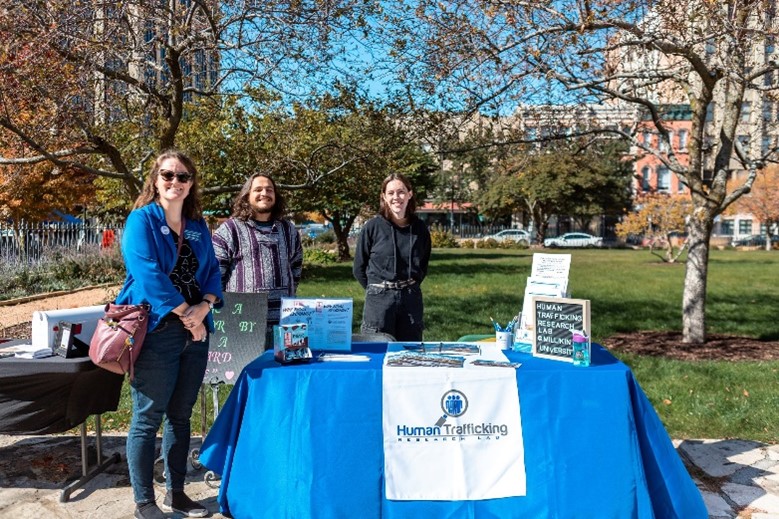
The inspiration and namesake for this event is William Lloyd Garrison (December 12, 1805 - May 24, 1879), a prominent American abolitionist, journalist, suffragist, and social reformer. He is best known as the editor of the first abolitionist newspaper, The Liberator. He promoted the immediate emancipation of slaves in the United States. In the 1870s, Garrison also became a prominent voice for the women's suffrage movement.
The HTRL sits on the Central Illinois Human Trafficking Task Force and the Illinois Statewide Human Trafficking Task Force, working to bridge the gap between academia and the community. The students work hand-in-hand with the anti-trafficking community in Central Illinois and conduct research on human trafficking dynamics and trends at the local level to inform policymaking and help local organizations demonstrate their work.
